
A majority of Texas voters, including almost half of Republicans, don’t believe elected officials are doing enough to prevent gun violence, according to a new poll.
Results from The Dallas Morning News-University of Texas at Tyler poll, which surveyed 1,384 registered voters across the state Aug. 1-7, indicates a majority of people want more legislation to address gun violence. The results also mirror previous polls that showed the statewide consensus on guns has shifted since the May 24 massacre at a Uvalde elementary school that killed 21.
Most voters — 63% of those polled — either somewhat or strongly disagreed with the idea that elected officials are doing enough to prevent mass shootings, according to the survey. That includes 49% of Republicans and 75% of Democrats. Only 30% of voters said elected officials are doing enough.
The poll has a margin of error of plus or minus 2.8 percentage points.
James Pace of San Antonio answered the poll, saying he thinks elected officials are doing enough within the confines of the Second Amendment.
“What can a governor do?” said Pace, 48. “Everybody plays politics, but it’s out of his hands.”
But 66% of voters said Gov. Greg Abbott should call a special session to have lawmakers consider legislation to curb mass shootings. Roughly the same percentage of Texans said they are concerned about gun violence in their community.
Photos: Uncle Dan’s Pawn Shop In Mesquite
Even Pace, an Army veteran who said he holds traditionally conservative views on gun rights, said steps should be taken to limit access to firearms for some people. He said he doesn’t believe an 18-year-old should be able to buy an assault rifle.
“It’s a very difficult question,” he said, “but I think the maturity level is not there for civilians until they’re 21.”
Most voters agreed. Some 52% of those surveyed said they “favor a great deal” laws that would raise the age limit to buy an assault rifle from 18 to 21. When including those who said they favored age increases “a moderate amount” or “a little,” the percentage climbs to 75%, including 72% of Republicans.
Such laws would have prevented the 18-year-old gunman in Uvalde from legally buying the rifle he used in the massacre.
Pace said he was torn on the idea of letting teachers and school officials carry guns. He said he believes if a teacher wants to be armed and has the training, the educator should be allowed to carry. But he doesn’t want guns forced on teachers who don’t want them.
Had teachers at Robb Elementary School in Uvalde been armed, Pace said, the massacre might have been stopped sooner.
“If I was a teacher and had a weapon, it might’ve helped,” Pace said. “But if my old librarian Mrs. Smith had one, maybe not.”
Of those polled, 57% said they supported allowing teachers and other school officials to carry guns in schools, including 38% of Democrats.
“I don’t think it’s a good idea,” said poll respondent Carolyn Overbo, 79, of Allen. “I think there wouldn’t be enough security.”
Overbo also said she doubts adding guns on campus would be effective, since several dozen armed and trained police officers waited to confront the gunman outside the classroom.
“I don’t think the teachers would respond appropriately to someone carrying an AR-15,” Overbo said. “I think they’d be afraid.”

Methodology
The Dallas Morning News/UT-Tyler Poll is a statewide random sample of 1,384 registered voters conducted Aug. 1-7. The mixed-mode sample includes 412 registered voters surveyed over the phone by the University of Texas at Tyler with support from ReconMR, and 400 registered voters randomly selected from Dynata’s panel of online respondents. The margin of error for a sample of 972 registered voters in Texas is +/- 2.6 percentage points, and the more conservative margin of sampling error that includes design effects from this poll is +/- 2.8 percentage points for a 95% confidence interval.
The online and phone surveys were conducted in English and Spanish, and used information from the 2020 Current Population Survey and the Texas secretary of state’s office. The sample’s gender, age, race/ethnicity, education, metropolitan density and vote choice were matched to the population of registered voters in Texas.
Visit the Center for Opinion Research for more information about current and previous studies.


















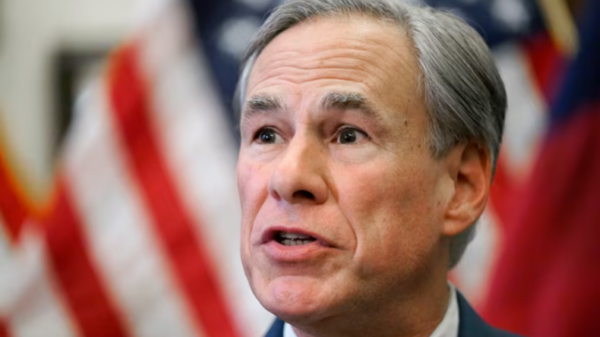
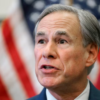
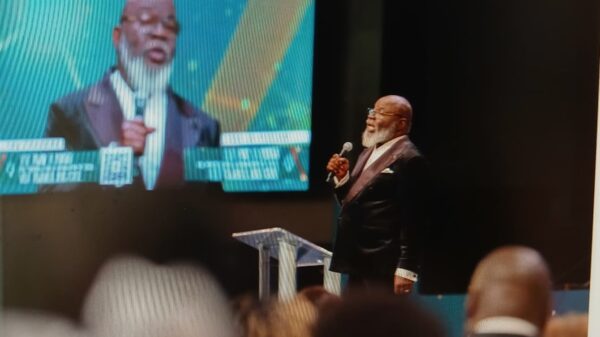
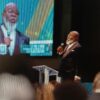
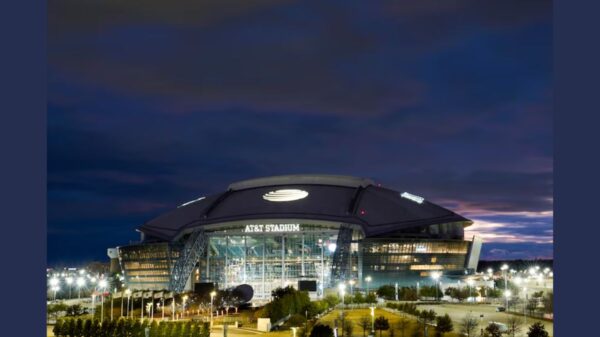

You must be logged in to post a comment Login